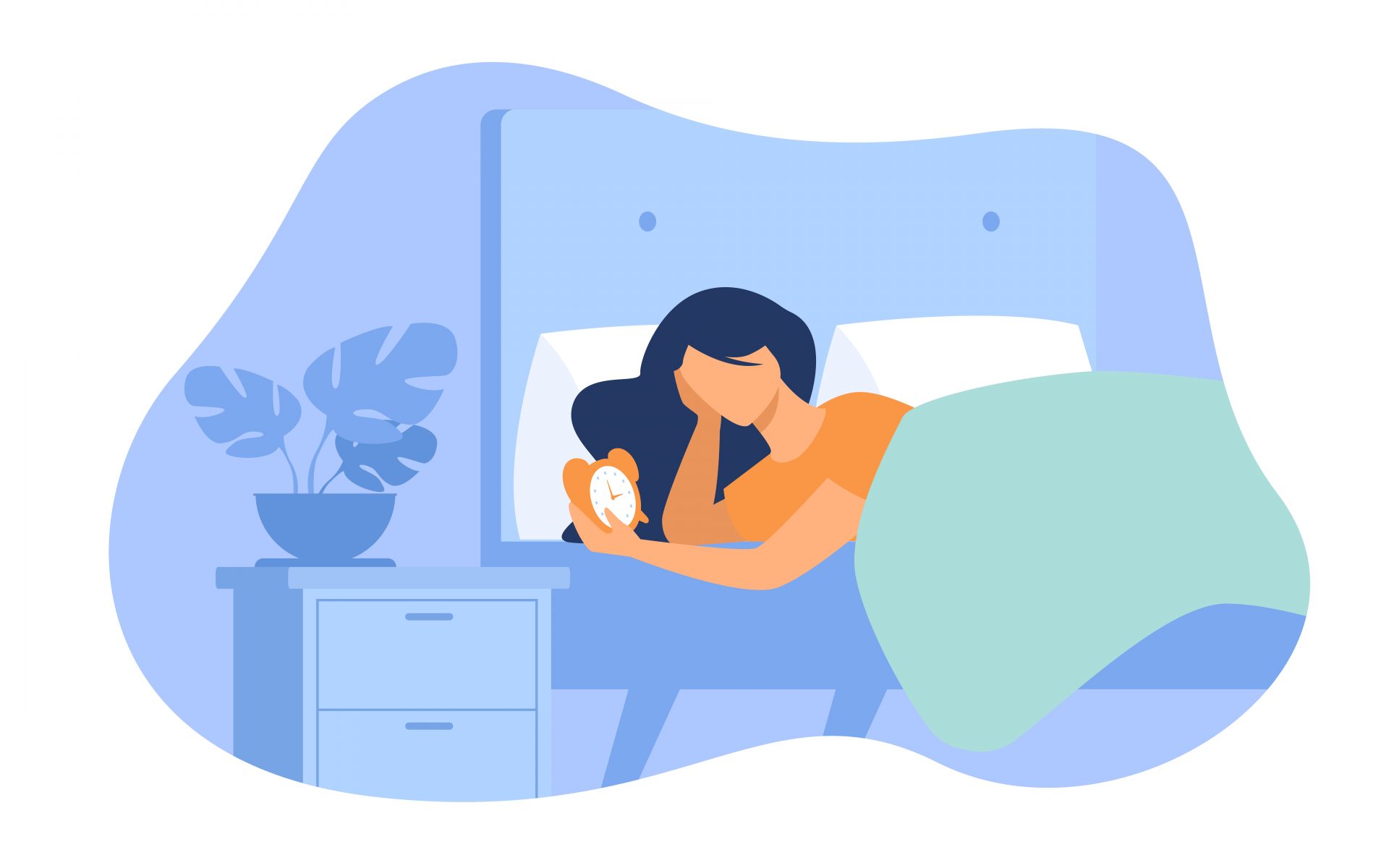Home » Health News »
“Why can't I sleep? And how can I help myself doze off?”
Welcome to Stylist’s Sleep Diaries, where we’re taking a deep-dive into one of the most important (and elusive) factors in our day-to-day lives: sleep. To help us understand more about it, we’re inviting women to track their bedtime routines over a five-day period – and presenting these diaries to sleep expert Dr Nerina Ramlakhan for analysis.
In this week’s Sleep Diaries, a 59-year-old retiree wonders why she is frequently unable to sleep at night.
A little about me:
Age: 59
Occupation: recently retired
Number of hours sleep you get each night: 5 or 6 hours some nights, not much sleep at all on others
Number of hours sleep you wish you got each night: 8 hours
Do you grind your teeth/have nightmares: no
How much water do you drink on average per day: 1-2 litres
How much exercise do you do on average per week: 7 hours
Day 1
I watch TV in the living room trying to wind down for the day until 11pm. Then, I turn my lavender diffuser on in the bedroom, and read in bed for about 15 or 20 minutes. When I start dozing off, I switch off the light so the room is completely dark and try to sleep.
I wind up tossing and turning for hours and, despite closing my eyes, I don’t feel sleepy as my mind is still active (even though nothing is bothering me or making me anxious).

To help me get to sleep, I try to go through dreams I have experienced previously, but it goes on for hours and suddenly I can hear birds singing outside. Which means it’s already morning and I have not had any sleep at all.
Day 2
I’m feeling groggy and have a headache, so I struggle to get through the day. Come the evening, I wind up watching TV again until 11pm, before popping the diffuser on and reading until I feel dozy.
This time, I nod off, but I wake up at about 1am to go to the bathroom. Thankfully, I manage to fall asleep again after a bit of tossing and turning.
You may also like
“What foods boost energy and improve sleep?” A sleep expert answers your questions
Day 3
I wake up at 6am feeling quite refreshed, which means I get through the day quite well. However, alarm bells start to ring when I realise that I’m not feeling tired at all towards the end of the day.
I try to relax myself by following my usual nighttime routine (TV until 11pm, lavender diffuser, reading in bed), but I struggle to get to sleep, and wind up lying in bed awake until the sun comes up.

This seems to have become a bit of a cycle, being unable to sleep every other night, which means I feel groggy and tired every other day. It’s really affecting my day-to-day activities.
Day 4
I spend my day feeling groggy and headachey, but at least this means I’m able to fall asleep using my bedtime routine. Yes, I have to go to the toilet in the night again. Yes, I toss and turn for a bit. But, thankfully, I sleep through after that until the morning.
Day 5
Thanks to getting some shut eye, I feel rested and more energised today. But this, annoyingly, means that I find it impossible to sleep come the evening. Nothing works; I watch TV until 11pm, I use my lavender diffuser, and I read for ages, but again I find myself wide awake until morning.
And thus the cycle begins again.
You may also like
Sleep deprivation: This is how lack of sleep is really affecting our health
So, what does it all mean? A sleep expert offers her thoughts
Dr Nerina Ramlakhan, sleep expert and professional physiologist, says: “I really want to help you, but the way we sleep is a reflection of how we live and I know very little about your daytime activities. I need to understand why your nervous system is agitated when you go to bed, because that is why you aren’t sleeping.
“Understandably, you are totally focused on your sleep and this in itself is not helpful – your mindset of ‘I sleep every other night’ is creating exactly this scenario. We underestimate the power of our subconscious to help or hinder (in your case) our sleep. One thing I will say is this: if you’re lying there stressed because you’re thinking, ‘Oh my God, if I don’t fall asleep now I’ve only got three hours,’ then you’ve got to get out of bed and leave the bedroom.
“It’s much better to distract yourself like this, because anxiously lying awake in a pitch black room is never going to lead to sleep: instead, it will lead to anxiety.”

Dr Nerina continues: “On top of this, I want you to look at my five non-negotiable rules for a good night’s sleep and follow them for at least two weeks, paying attention in particular to eating breakfast, minimising or cutting out caffeine totally, starting your wind down earlier, and going to bed a bit earlier too. It might be worth having your hormones checked, too, as hormonal changes can wreak havoc on sleep. In turn, sleep deprivation can affect hormone levels in a sleepless vicious cycle, and this means that women may be more vulnerable to sleep problems.
“Finally – and I know I’m always saying this – please stop checking the time when you wake up. It just makes it harder to get back to sleep. Good luck!”
For more information on the five non-negotiable rules for a good night’s sleep, check out Dr Nerina Ramlakhan’s book, Fast Asleep Wide Awake.
If you would like to take part in Stylist’s Sleep Diaries, please email us at [email protected] with ‘SLEEP DIARIES’ as the subject. We look forward to hearing from you.
Lead image design: Ami O’Callaghan
Images: Getty
Source: Read Full Article


